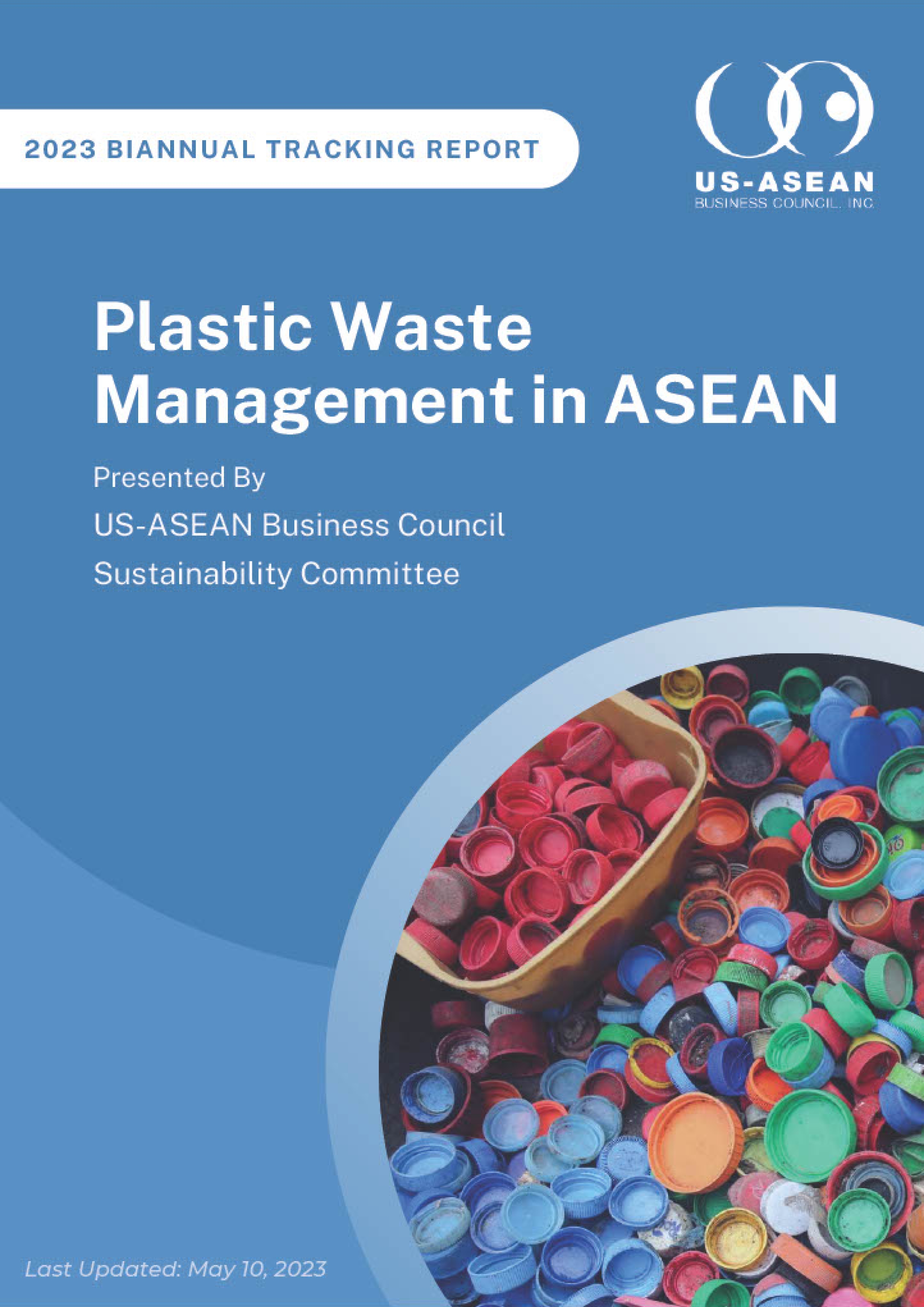
This report also touches on a complex formal and informal economy around plastic waste in ASEAN. What is exported, imported, or
recycled can confound traditional metrics and measurement. For example, the import and export of plastic waste between countries
within ASEAN and the rest of the world makes it difficult to ascertain how much plastic waste ends up in each country. Furthermore,
recyclable plastics are high-value and may be exported to other countries in ASEAN and recycled by the informal waste sector.
While almost all countries in ASEAN look towards legislation and management of plastic waste within their country, another way
forward would be a finding a regional, ASEAN approach to address this transnational issue. Additionally, this report shows that many ASEAN governments have begun making plans to move towards a circular economy. Formalizing recycling economy and additional legislative clarity on plastics recycling for different types and classes of plastics are important steps towards supporting the development of the circular economy.





